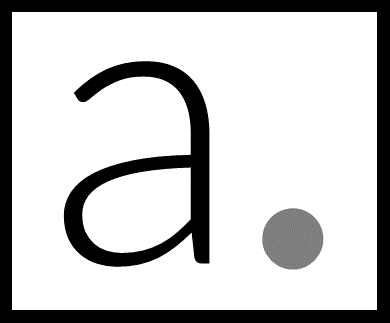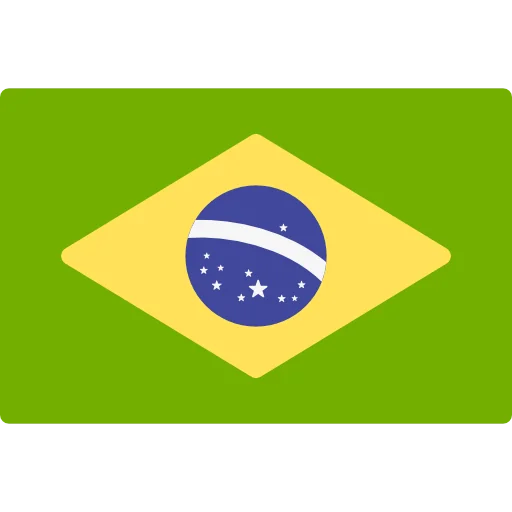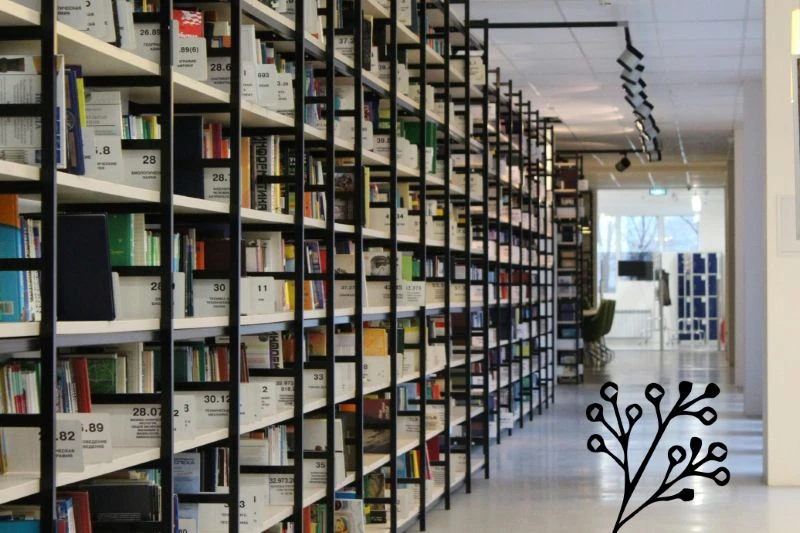The Generation That Witnessed The Before and After of The Digital Revolution
I was born in 1978, in the last millennium. Thus, before the popularization of the personal computer and the Internet in Brazil.
Schoolwork was either done by hand or typed on the typewriter. I developed my first architectural projects on the drawing board in college with paper and Indian ink.
When I discovered a new song, I had to wait for it to play on the radio again before recording it on a K7 tape. Or, still, I had to buy the CD with the entire album, just to hear that one song.
I kept in touch with distant cousins by letter and called my parents from the payphone, letting them know that I would be late getting home. We’d get the family to play board games, assemble giant puzzles, or embroider together on vacation.
When traveling, the film usually provided 36 photos, and it took days to find out how they turned out. There was no like button: friends would tell you in person whether they liked it or not. In museum shops, I would buy chrome collections of masterpieces as souvenirs. We could enjoy the enlarged paintings on the wall at home using the slide projector I got from my grandfather.
The world I was born into and grew up in was a completely different world from today’s, with both advantages and disadvantages. However, I do not cultivate an overly romantic view of my analog and disconnected past.

The Benefits of the Digital Revolution
The digital revolution has brought us democratization of access to knowledge. We could not aspire to and predict that even in our wildest dreams.
Thanks to the Web, today, we are able:
- To visit online collections from different parts of the planet.
- To carry in our e-reader an infinite library of books available for download.
- To listen to all the songs that have been released so far in very high quality.
- To follow podcasts and blogs about our favorite topics.
- To make a smart work1, working remotely and collaborating with professionals across the ocean.
- To develop websites, interactive interfaces, digital repositories, and augmented reality experiences in our research projects.
- To attend, for free, subjects and courses in the best universities in Brazil and abroad.
- To post ideas to the online world on blogs!
These are just a few of the incredible advantages provided by the new times.

I believe that the digital revolution has considerably expanded my productive potential and my quality of life. I wouldn’t be able to manage my multiple areas of activity and do what I do without digital technologies and the Internet. They enable my results and lifestyle in all my activities as a professor, writer, researcher, project manager, wife, mother, etc.
Notice that the goal is productivity, not “productivism”2. I seek results that are consistent with the purposes and values in which I believe.
Delegating Tasks to a Second Digital Brain
To achieve this productivity, I delegated most of my tasks to applications like WordPress, Todoist, Toggl, Scrivener, Moodle, Standard Notes, Simplenote, 1Password, and ProtonMail, to name a few.
Even little things, like remembering to buy a book when I’m near a particular bookstore, no longer have to keep nagging me in the corner of my mind or on my to-do list. I can add a geographic reminder, and the day I’m near that store, the app will recognize I’m there and remind me to buy the book.
Optimizing Screen Time
It should be noted that in contrast to my extensive use of digital apps in managing my life and work:
– I quit WhatsApp and Telegram.
– I try to answer emails only once a day, usually late afternoon.
– I receive phone calls only in the afternoon. The rest of the time, my cell phone is on do not disturb mode, and calls only come from a few people, such as close relatives, immediate bosses (department, board, etc.), and the children’s school.
– I don’t watch YouTube videos or Netflix series for too long.
– I’m not a gamer. Although I like electronic games, I still prioritize board games.
– I strictly curate the printed and online content that I access.
– Unless something dire has happened, I only read news once a week and from high-quality sources. I don’t get information on Twitter. Twitter would have the same fate as Orkut if all users were like me.
– I no longer have profiles with personal posts on social media. I enter them rarely, for particular purposes, such as conducting academic research and interacting with some interest groups.

I prioritize investing my free time in enriching or disconnected leisure, such as walking with my family in parks, visiting museums, libraries and cafés, writing this blog, drawing, playing the guitar, reading books, etc.
Anyone who observes my professional trajectory will see that it involves researching and using complex digital technologies. However, as an academic, I do intellectual work with these tools. In this sense, my attention and my ability to concentrate are crucial to my production quality.
So, I try to master and control digital technologies and not the other way around. It wasn’t always like that.
Digital Addiction and Its Dramatic Consequences for Professional and Academic Careers
I was once a voracious user of Facebook and WhatsApp, although I have adopted both lately. It was a brief but catastrophic time. I completely restructured my relationship with digital because I realized the severe damage these apps were causing me.
The fact is that, unfortunately, the misuse of cell phones and the Internet predominates. Brazilians are the world leader in screen time, spending around 5.4 hours a day on their smartphones.3 According to a survey by the Rescue Time app, the average user checks email or instant messages every six minutes. More than a third do this every three minutes or less.
Research from Carnegie Mellon University shows that students who constantly receive messages on their cell phones perform 20% less than those who leave their cell phones off. This, therefore, means learning with a brain that is one-fifth less efficient right off the bat.4
Excessive and unproductive time wasted in front of screens is a serious problem affecting every area of our lives.
Therefore, teachers, researchers, professionals, and students find it challenging to read a long and complex text with concentration, write a scientific article, attend a class, and even enjoy a dinner with the family, constantly interrupted by the notifications popping up.
People don’t know themselves anymore because they don’t spend time alone with their thoughts. They immediately pull out their cell phones when bored, waiting for the subway, or in line at the cinema. Even the few seconds in the elevator feel like an eternity with no screen on.

People Who Would Rather Receive Electric Shocks Than Be Alone With Themselves
Experiments by the universities of Virginia and Harvard5 asked people to spend 15 minutes alone, relaxing, sitting in a room without a cell phone or any other distraction. About half found the experience unpleasant. That is, they did not enjoy their own company.
In part of these experiments, the researchers gave moderate shocks to volunteers, who said they would rather pay than have to take that shock again. Afterward, the same participants were left alone for 15 minutes with the shock machine, with no other entertainment options.
Two-thirds of 12 to 18-year-olds have given themselves shocks at least once. Most men, including of other ages, did too. One of the volunteers reached a staggering number of 190 shocks! A quarter of women also chose to use the machine.
This inability of solitude may be related to new technologies, which provide an escape from reality, intense emotions, distraction, and immediate relief from discomfort or boredom, getting our brain used to constantly being connected and stimulated.
In the case of intellectual work, prolonged use of cell phones and computers can make reading a book or long text more difficult. Letters on a white background do not present the same degree of stimuli as fast-paced videos and interactive apps.
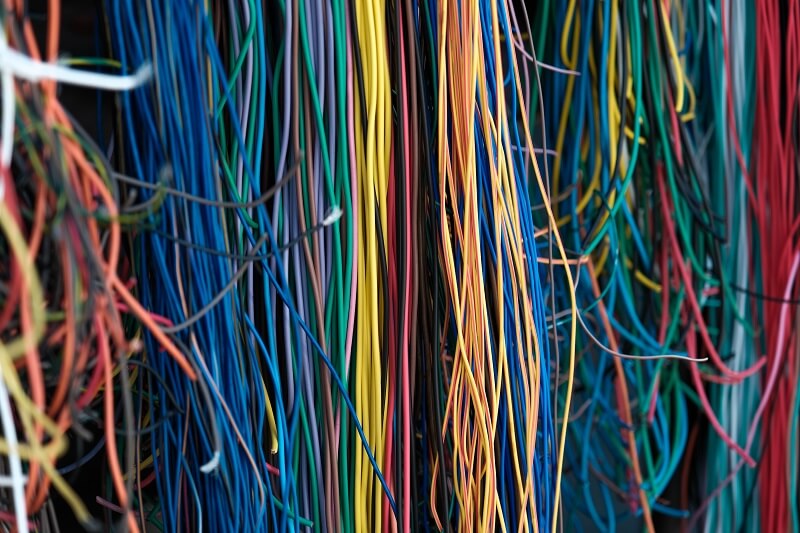
Digital Domain Inequality: Disparity of Cognitive and Emotional Resources to Deal with New Technologies
In our current context, digital addiction is having the opposite effect on the promises that these resources would optimize our work and extend our leisure hours. And the result of this is a substantial social disparity.
In my youth, the difference in success between us, academics or professionals, was impacted by economic and geographic inequalities, prejudices (race, gender, etc.), opportunities, and healthy habits, among other factors.
Today, we add to this vast list the digital exclusion, as not everyone has access to the same technological resources with the same standard and speed. However, it is not enough to have access. It is necessary to know how to use these tools well.
The digital domain inequality results from the disparities in cognitive and emotional skills to deal with the digital and the Web productively and healthily.
These skills include self-control, discipline, technological education, curation, self-learning, flexibility, and constant updating.
This inequality is perverse because it is intentionally programmed and stimulated by software engineers and social networks, reaching the billions of users of these platforms. The neediest people can be harmed most due to the aforementioned digital exclusion, which expands social injustices.
However, this inequality generates differences not only between rich and poor but also between poor and poor, between rich and rich. Not just among the uneducated and intellectuals but among academics themselves.
While for a minority, who are making wise use of new technologies, the digital revolution is fulfilling its promise of making life easier and increasing productivity; for most of the population, the phenomenon can be just the opposite: the digital addiction caused by new technologies is destroying people’s cognitive capacity, consuming their time with frugality and substantially reducing their ability to produce something of real value for their intellectual, professional and personal lives.
In this sense, digital addiction generates an inequality with a very high degree of disparity: making a few who master new technologies start this race even further, and those who are addicted to it start even more behind!
Work Automation and the Competitive Advantages of Cyborg Minds
There is almost no niche where digital does not play a relevant role. With rising automation, machines will increasingly replace people in companies in various positions. And we are not only talking about manual work but also traditional jobs, such as some fields of law, medicine, teaching, journalism, etc.
A large part of the repetitive and easily replicable tasks, which involve objective knowledge and predictable or measurable results, will be delegated to robots and algorithms.6
In a scenario that looks more like science fiction but is fast approaching, cyborg minds will have supremacy. That is, those professionals capable of producing high value for society from their intellectual labor, putting digital technologies to work in their favor.
These cyborg professionals and academics make new technologies an extension of their body and brain but without addictions and distractions. So, because of this wise and optimized use, they are becoming exponentially well-informed, productive, skilled, and efficient. They have a significant advantage in their professional and academic careers.
And those people whose brain is daily disturbed and fragmented due to digital addiction are suffering the consequences, such as:
- Physical and mental illnesses.
- Low productivity.
- Little ability to generate value at work.
- Reduced capacity to focus.
- Misinformation.
- Difficulty in dealing with complex texts or knowledge.
- Lack of critical thinking.
- Absence of creative leisure.1
- Damaged relationships.

The Resumption of Power as Individuals and as a Society
My generation witnessed this transition process and lived the before and after. So we know the benefits of an analog world and also the benefits of the digital age. Maybe that’s why it’s up, especially to us, trying to bring together the best of both times before it’s too late.
I believe the world is splitting between cyborg minds and minds subjugated by digital technologies. And we risk this inequality in the digital domain becoming greater and greater, threatening democracy and our planetary security.
This danger is already a reality with the spread of fake news about global warming and vaccines. People don’t have the acute sense to distinguish facts from lies because their brains aren’t equipped to do so.
This is bringing us collective harm. Therefore, it needs to be faced not simply individually but as a society. There’s no way we can delegate such a challenge to brains already highly addicted.
We need to fight for legislation that prevents companies from accessing us via the Internet outside working hours, as is already the case in some countries7. We need to define ethical and legal parameters for the use of algorithms.
We are increasingly subjected to surveillance capitalism and an attention economy hijacking our productivity and rights, with virtually no legal consequences whatsoever.
Unfortunately, it wasn’t just awareness that led many people to stop drinking and driving; or wearing seat belts in cars. It was the laws and their implications! It saved countless lives and made the world a better and safer place to live. Not just for drivers but everyone.
The regulation of the tech companies’ business model and the obligation to follow ethical principles in these platforms and their algorithms are essential changes if we want to reverse this worrying scenario.
In parallel with these collective struggles, it is urgent to claim control of our own lives, establishing a healthier and more productive relationship with our smartphones and computers. That’s what we can do for now. Integrate the resistance!
If you, the reader, identified with the dominated, not with the dominators of new technologies, consider reviewing your digital life from now on. As responsible individuals and as a society, it is something that we can no longer afford to procrastinate.
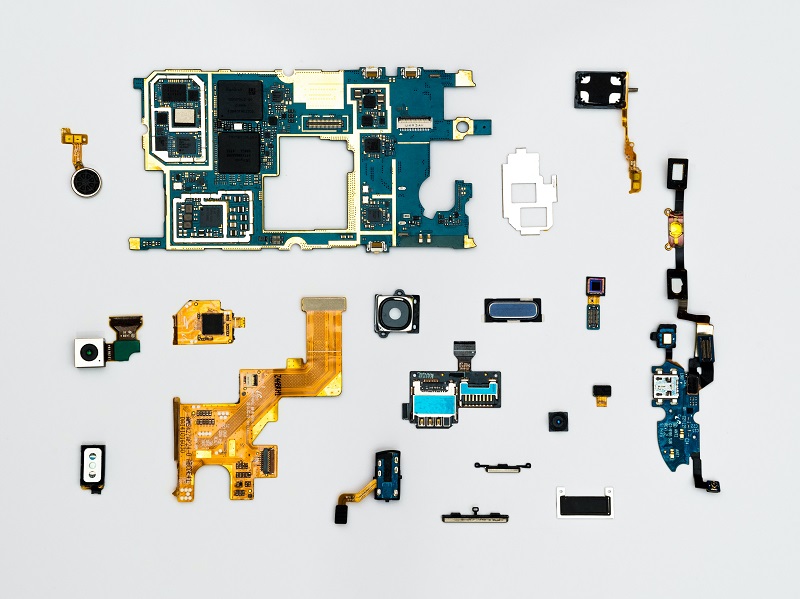
Notes
Post published on my Portuguese blog on February 5th, 2022.
Please help me improve my English by submitting your suggestions through this contact form.
1 – Smart Working, creative leisure, and Domenico de Masi.
More than two decades ago, I discovered the writings of the Italian sociologist Domenico de Masi, which profoundly impacted me.
In his book Creative Leisure, Domenico argues that leisure time enhances our creativity and our work. In this book, even back then, he was advocating remote work.
Due to his influence and the positive experiences I had with teleworking during internships, in 2002, I structured my self-employed office in a home office model. At the time, I was providing cultural heritage consultancy. Except for fieldwork, all the tasks of the teams I coordinated were done remotely, using e-mail and the MSN and ICQ chat apps.
In 2003, I presented my virtual office management model at Brazil’s most significant project management event for civil construction. The audience was divided between skeptics and enthusiasts. I remember a gentleman who criticized me frontally at the debate section, saying nothing would replace the “eye to eye.” Twenty years have passed, and a lot has changed.
Since that time, smart working has been present in my professional life, albeit partially, since many things in my academic career involve face-to-face training.
In 2020, Domenico launched a new book on the subject (Smart Working), addressing research associated with the pandemic’s impacts on the work world.
2 – Productivity x Productivism.
Productivism is a term that designates that type of academic behavior aimed at “making up” or “filling up the curriculum.” A productivity-conscious professor wants to be high-performing with effective contribution, doing his or her work with integrity. A “productivist” professor is more concerned with the appearance and quantity of their production, not with its quality. Productivism is unethical and anti-academic.
3 – Report on cell phone use in Brazil and worldwide — App Annie.
The State of Mobile 2022 report, published by App Annie, a company specializing in cell phones and applications, places Brazil among the top countries in several consumption statistics. One caveat is that the data available for the number of hours on the cell phone per day refer only to Android cell phones.
State of Mobile 2022 App Annie Report (PDF)
4 – Research on connected cell phones and student performance.
Your attention didn’t collapse. It was stolen (Article by The Guardian).
5 – The shock machine study.
6 – Reports on automation and the future of work.
The future of Employment: How susceptible are jobs to computerisation? (Oxford University, PDF).
The Future of Jobs Report (World Economic Forum, PDF)
The future of employment in Brazil (UFRJ, PDF, Portuguese).
7 – French legislation for the right to disconnect.
Larger companies in France, by law, are now required to negotiate terms of smartphone usage with their employees, giving them the right to disconnect outside of working hours.
Some companies use features that prevent workers from sending emails outside of specific hours.
Others destroy the emails sent to the worker during his vacation, informing the senders that the recipient did not receive that message because he is absent until a specific date. So the worker doesn’t come back from vacation overwhelmed by a pile of late emails, nor is he tempted to check his inbox during his downtime.
French workers win legal right to avoid checking work email out-of-hours (Article by The Guardian).
Acknowledgments: Alberto Nogueira Veiga, Paulo Rocha, Heloisa Helena Rocha and all who gave me their precious feedback, thank you for your comments and suggestions.
Images: Red Brain and Cell Phone (Ildar Abulkhanov, iStock), Typewriter and Laptop (Glennski, Pixabay), Cell Phone and Twitter (Jemery Bezanger, Unsplash), People in Line Looking at Cell Phone (Fauxels, Pexels), Wires (Ryutaro Uozumi, Unsplash), Woman leaning against table and books (Andrea Piacquadio, Pexels), Cell phone pieces (Dan Cristian Pădureț, Pexels).
